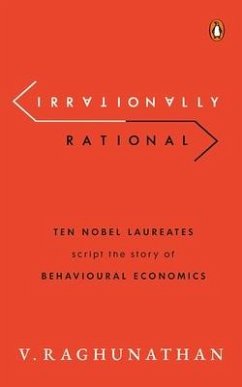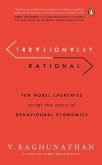You and your friend each have flights to catch at 8 p.m. and your destination cities are different. You decide to share a cab, but get caught in a rare traffic jam lasting several hours. You end up at the airport around midnight, and surely enough, both of you miss your flights. All quantifiable consequences of missing the flights-cost of tickets cancellation, paying for a newticket, taking a cab back to the city, overnight stay, taking a cab back to the airport next morning, etc.-are expectedly identical for both. Nowsuppose the airline assistant tells you, 'Sorry, your flight left as scheduled at 8 p.m. sharp.' But your friend is told, 'Oh, howvery unfortunate. Your flight was almost four hours late and only just departed!' Who feels the greater disappointment? You or your friend? Neoclassical economics tells us that because both individuals are assumed rational, their regret levels ought to be identical since their economic consequences are identical. Behavioural economists, however, combine psychology with economics, and focus on how real people, with their cognitive biases, actually behave. The friend who just missed the flight does indeed experience greater disappointment than the one who missed the flight by a margin of four hours. Does that make one or the other irrational? Irrationally Rational takes you through the journey of such rationality-irrationality arguments, showing why economics shorn of psychology may be incomplete. It is the first book of its kind, collating the works of ten Nobel Laureates largely responsible for the rise of behavioural economics, that makes understanding behavioural economics more fun and accessible.
Hinweis: Dieser Artikel kann nur an eine deutsche Lieferadresse ausgeliefert werden.
Hinweis: Dieser Artikel kann nur an eine deutsche Lieferadresse ausgeliefert werden.








